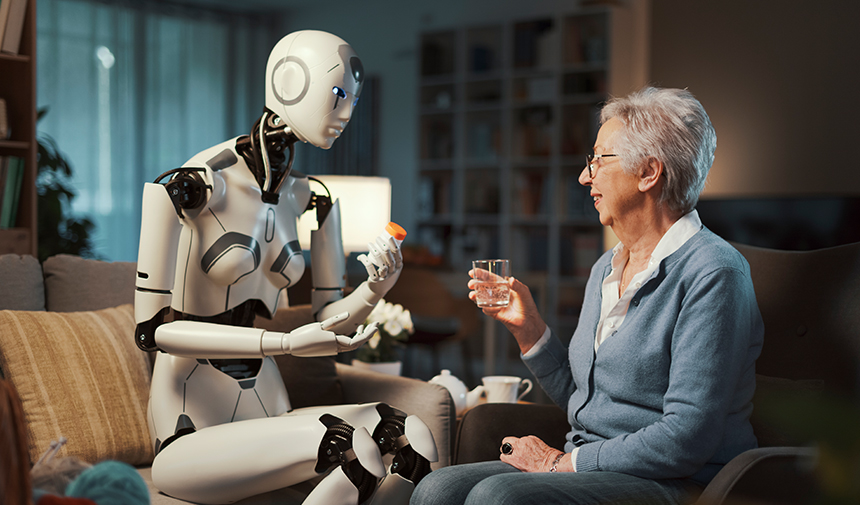As conscious robots move out of science fiction movies and into the real world, questions are being raised about how humans will interact with future robots. Robots gaining consciousness is a result of rapid advances in artificial intelligence and machine learning. These developments mean that robots can become more deeply involved in people’s daily lives. However, conscious robots also raise ethical, legal and social issues.
Consciousness in Robots: Reality or Fiction?
Conscious robots are defined as machines that have human-like thinking ability and can respond emotionally. Scientists have different views on robot consciousness. While some believe that once AI becomes sufficiently complex, consciousness may also emerge, while others argue that it is limited only to sophisticated algorithms that mimic human-like behavior.
There is no clear consensus on what consciousness even is, creating uncertainty about how to define and measure conscious robots. However, with the advancement of artificial intelligence, it is becoming increasingly possible for robots to exhibit human-like behavior and emotional responses. This means that robots will be able to have deeper and more meaningful interactions with humans in the future.
Human-Robot Interaction: New Opportunities and Challenges
Conscious robots create new opportunities to interact with humans. These robots can assist humans in areas such as healthcare, elder care, education and customer service. Thanks to their human-like behavior, robots can demonstrate empathy, provide emotional support, and perform complex tasks. This can be a huge advantage, especially in countries with aging populations.
However, interacting with sentient robots is not without its challenges. Issues such as the risk of people forming emotional bonds with robots, the potential for robots to manipulate people, and the protection of privacy should be carefully addressed. Issues such as how robots will learn ethical behavior and maintain these behaviors require long-term research and regulations.
Ethical and Legal Issues: Responsibility of Conscious Robots
Conscious robots raise new ethical and legal questions. In a world where robots gain consciousness, how will issues such as responsibility and rights be addressed? Can robots make ethical decisions? When a robot makes a bad decision or causes an accident, who will be held responsible?
Such questions form fundamental topics for future robotics and artificial intelligence regulations. The legal system should make new regulations taking into account the nature and abilities of conscious robots. Additionally, ethical standards and guidelines should be established and the implementation of these standards should be ensured.
Looking to the Future: The Potential and Risks of Conscious Robots
Conscious robots may have more complex and deep interactions with humans in the future. These robots could revolutionize the health and care sectors and increase efficiency in business. However, the ethical and legal challenges that come with these developments should also be taken seriously.
As a result, conscious robots are preparing to play an important role in the real world, rather than being science fiction. As we open the door to a new era in human interaction, a societal effort will be required to find answers to ethical and legal questions.



